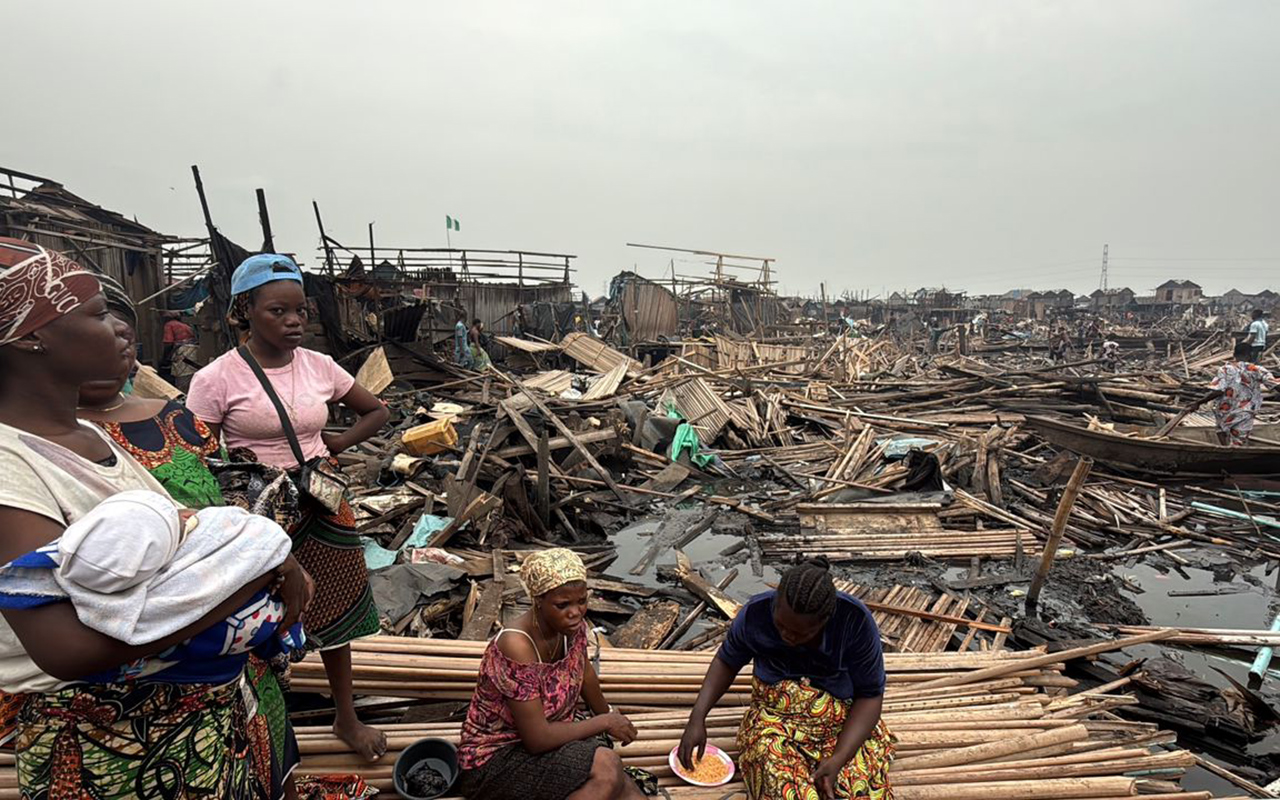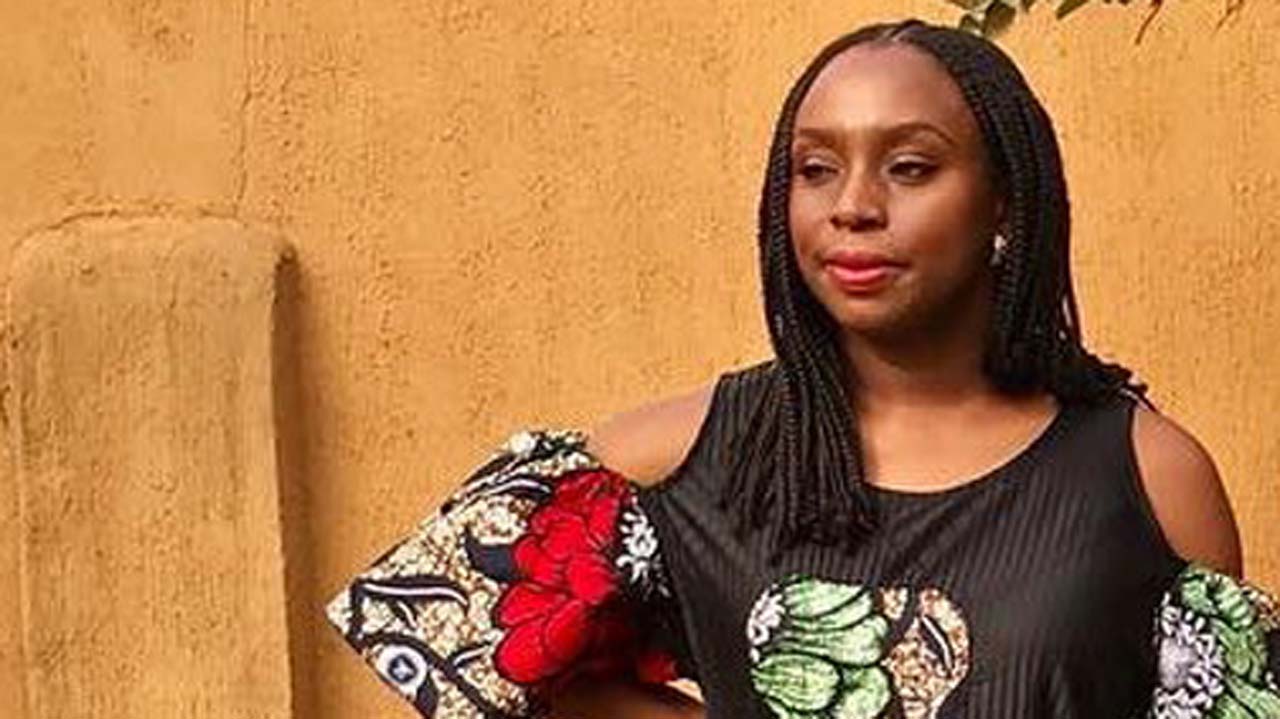President of the ECOWAS Commission, Dr. Omar Alieu Touray, has raised concerns over the multiple checkpoints along the Lagos-Cotonou corridor, stating that such practices contravene the regional protocol on the free movement of people and goods among member states.
Speaking on Tuesday during a visit to the Lagos-Seme border, where he met with commercial transport operators, corridor users, and security officials, Dr. Touray questioned the rationale behind repeated checkpoints after travellers had already been cleared at the main border post by customs officials of both Nigeria and the Republic of Benin.
“Some of us who are not specialists ask questions like, if there is a controlling point at the border for customs, why should we have the same customs checks along the corridor?” he asked.
“Perhaps we need to reflect on this and find ways to make life easier for our citizens. These multiple stops not only deploy unnecessary manpower but also inconvenience ordinary travellers.”
Several road users who spoke with the ECOWAS President appealed for urgent intervention, highlighting that they often had to make unofficial payments to police, customs, and immigration officers manning over 30 roadblocks between Badagry and the Seme border.
However, Assistant Superintendent of Immigration Asokhere S.O. denied allegations of extortion.
He maintained that immigration officials were primarily concerned with ensuring that travellers carried valid travel documents. While acknowledging the ECOWAS protocol on free movement, he emphasised that it does not exempt travellers from proper identification as ECOWAS citizens.
He therefore urged Dr. Touray to help sensitise citizens on the distinction between “free movement” and crossing borders without valid documentation.
During an inspection of facilities at the border, Dr. Touray expressed disappointment that a cargo scanner, reportedly acquired and installed at a cost of N3.54 billion, has remained non-functional since 2018.
He described the situation as unacceptable, given the huge investment involved: “We cannot continue to have expensive infrastructure like this lying waste. That is not sustainable. The community will not forgive us if we allow such critical facilities to remain idle.”
Dr. Touray noted that while some of the problems were mechanical and potentially fixable, the greater challenge was human: the proliferation of checkpoints and unregulated activities along the corridor.
“Security must never be compromised,” he stated. “However, while security agents conduct checks, they must refrain from demanding unreceipted payments. Any money collected must be officially receipted. This will assure our citizens that the system works for them.”
He emphasised that free movement within the region must be enforced with integrity and discipline: “Opening bags and inspecting is one thing; asking people to pay unofficial fees is another entirely. We’ve heard from the drivers, the traders, and even from some of you. We all need to understand that free movement doesn’t mean no documentation.”






